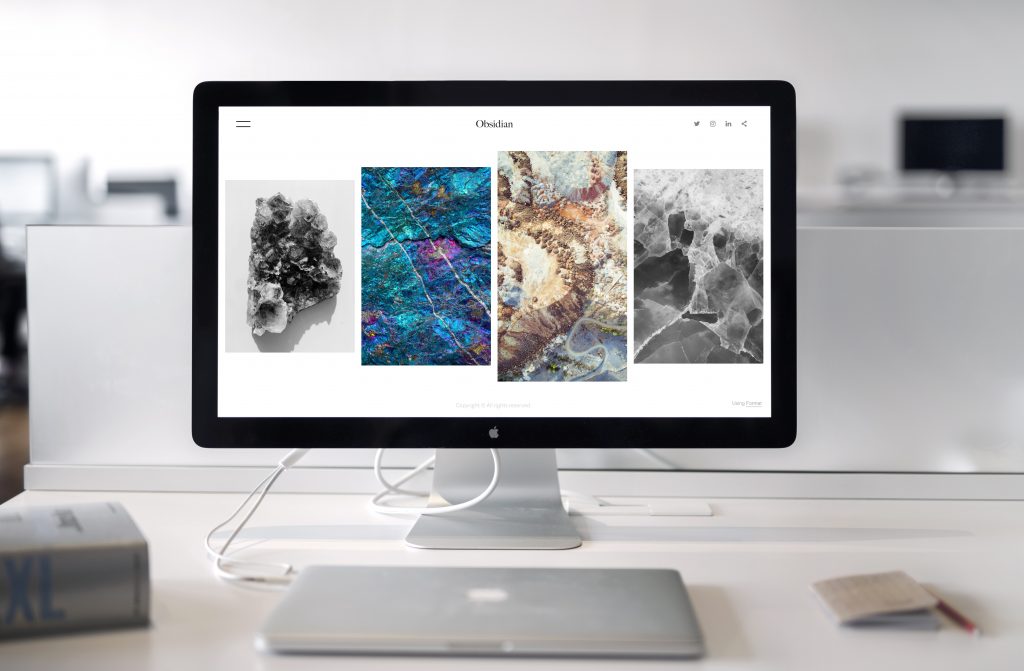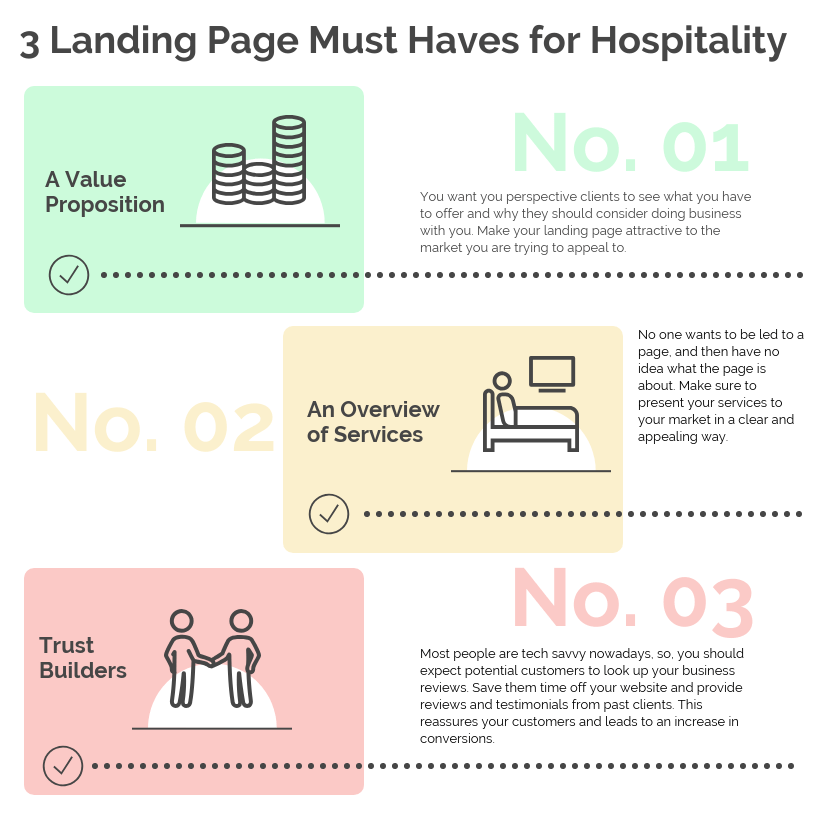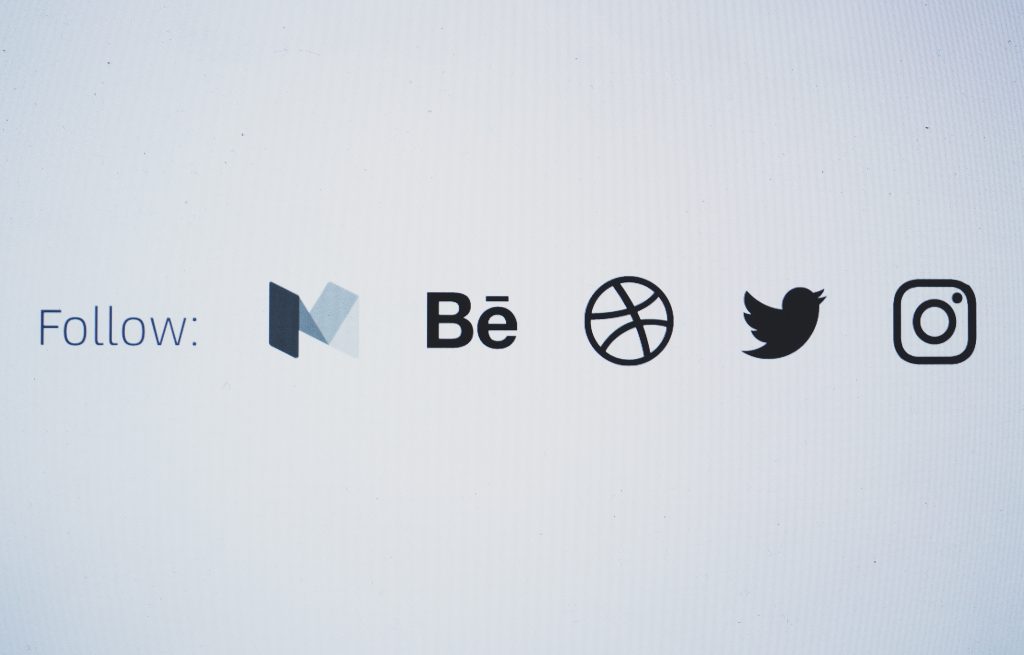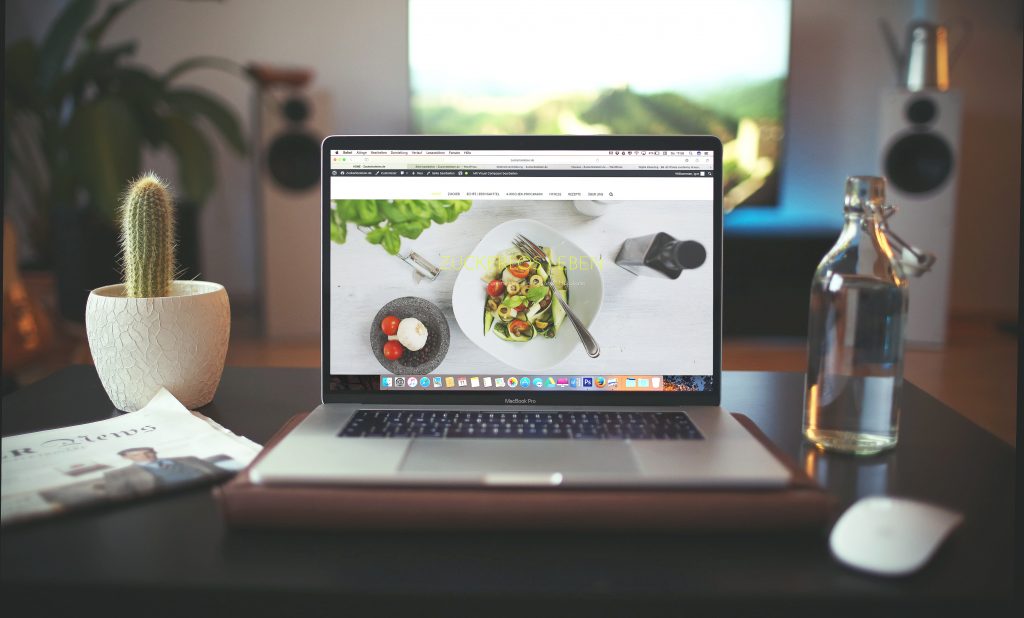A digital marketing strategy is the path to profitability. Optimum7 can help you set the right goals, offer and implement creative and technical strategies, and use data and analytics to review and improve your business’s performance.
Hospitality encompasses several industries including tourism, hotels and resorts, event planning, restaurants, theme parks, transportation, etc. For a service-based industry, lead generation is the key focus when it comes to web design. Even if you have products for sale that are related to your service, it’s best to make that a secondary priority to creating a life-long customer with your impeccable user experience, clear calls-to-action, and customer service.
In the hospitality business, it is keen of you to stay on top of the latest trends happening all around the world. Your website has to relate to a larger market due to the industry you serve. Most people are looking for hospitality are looking for a company that understands them, engages with them, and has the information they need. Optimum7 has been in the business of providing superb website designs for hospitality and many other industries for over 10 years. Some of our web design services include:
… and many more. Our team of highly skilled developers have the experience to tackle any website or start yours from scratch.
Speak to An ExpertAverage Increase in Website Traffic
+97%Average Increase in Conversion Rate
+52%Monthly Total Leads Generated
3,000+We become an indispensable resource for our clients to drive traffic and leads.

Your hospitality business may include a few industries, such as a hotel with a restaurant on site or a travel company that provides tickets to theme parks. By creating a plan before you start designing, you can see how complex your website needs to be before employing the help of a web design team like Optimum7 or spending frustrating hours trying to do it yourself. When you have your buyer’s journey in mind when creating your site, you can quickly strip down the most important elements of your site architecture. With multiple calls-to-action on each page, you can improve the chances of conversion.


The industries surrounding hospitality are fun, exciting, and highly sought after as people enjoy their leisurely activities. While it’s tempting to have your website reflect this, you should be the one to set the tone of your business through your website design. Negative or white space doesn’t necessarily have to be white. It is simply the areas on your site that are devoid of any copy, images, or design elements. No matter the service, this can effectively be used to create drama, elegance, or style in one sense and in a more practical one, it enhances readability and content prioritization.
A homepage is usually the landing page and the landing page of any site is usually the homepage but that doesn’t mean these things are one and the same. A homepage is the magazine cover of your website with a preview of all to be found in its sections. A landing page is created for a specific purpose (oftentimes to highlight a sale, a new product, or updated service). With their purpose in mind, you can still include much of the same information tailor for either your brand or that product/service.
Include:
By including these web design aspects to your home page and landing page you can expect to see increases in conversion rates. Customers will have an easier time getting to know your business with these easy must-haves.


Hospitality, nearly by definition, is on the go! Your web design must be optimized for mobile as it is undoubtedly the majority of your traffic. To achieve optimization, the site must be responsive. Everything from the structure, the fonts, the image sizes, and clickable items must be able to expand and reduce. Have a stunning website on any device with experts like Optimum7 on your team. With an API programming installed to collect orders, request, or bookings, it can be tricky to swap out deals or banners without affecting the responsiveness. We even make custom API solutions that can fit your specific niche within the hospitality industry.
Your social media is primarily for those who are already fans of your brand. Think of each post as a landing page directing users to specific parts of your website. While this can work for drawing in new customers, it’s mostly to advertise to your reoccurring fan base. On a website, the social media buttons distract those who have found you based on related terms and takes them away from getting to know your brand. Keep social media buttons in the footer for when the user is looking for more places to engage. Remember, the purpose of good web design for hospitality is lead generation, not gaining followers.


Continuing on the importance of lead generation, let your headers do the talking. If you’re a hotel with services you want users to know about, don’t bury them in poor navigation. Use, ‘HOTEL DINING, ‘HOTEL SPA’, ‘VACATION PLANNERS’, etc. These not only direct traffic on your site to their final destination, but also plays nicely for SEO purposes. When Google knows what you offer, it can show those results to people who are searching related terms. Also, don’t be too niche with your word choices unless necessary for clarification. If you have a restaurant, call it one, not a bistro or cafe.
A digital marketing strategy is the path to profitability. Optimum7 can help you set the right goals, offer and implement creative and technical strategies, and use data and analytics to review and improve your business’s performance.